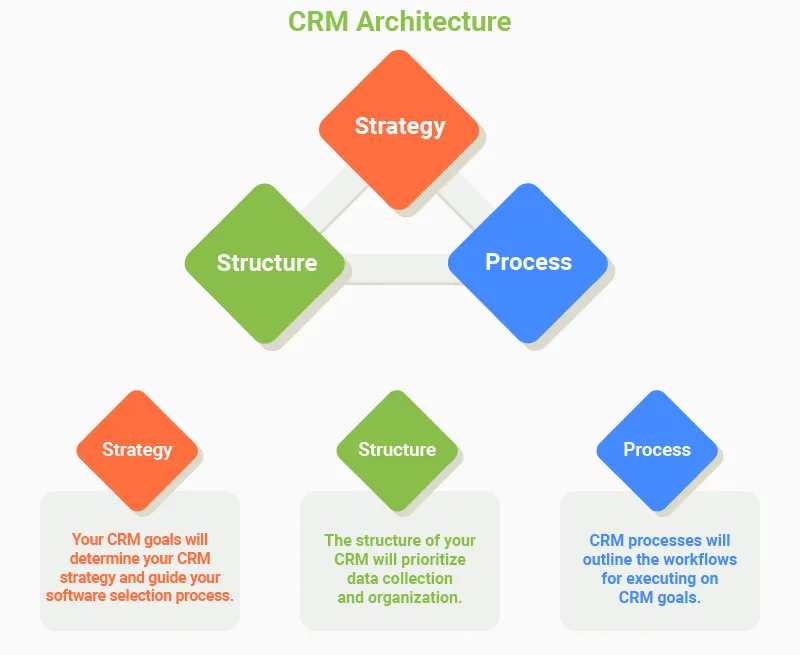Unlocking the Power of Customer Data: A Guide to CRM

Collecting and analyzing customer data is crucial for business success.
Understanding Customer Data
Customer Relationship Management (CRM) systems are designed to help businesses collect, store, and analyze vast amounts of customer data. This data can include contact information, purchase history, communication records, and more. By understanding what kind of data you have and how it’s being used, you can better tailor your marketing efforts to resonate with your target audience.
The Importance of Data Quality
The quality of your customer data is crucial for making informed business decisions. Inaccurate or incomplete data can lead to misdirected marketing campaigns, lost sales opportunities, and a decline in customer satisfaction. A CRM system allows you to maintain accurate records, ensuring that your customer data is always up-to-date and reliable.
How CRM Systems Can Enhance Customer Insights
A well-designed CRM system can provide valuable insights into customer behavior, preferences, and pain points. By analyzing this data, businesses can identify trends, patterns, and areas for improvement. This information can be used to develop targeted marketing campaigns, improve customer service, and increase sales.
Best Practices for Managing Customer Data
To get the most out of your CRM system, it’s essential to establish best practices for managing customer data. This includes:
- Regularly updating customer records
- Ensuring data accuracy and completeness
- Segmenting customers based on behavior and preferences
- Using data analytics to inform business decisions
- Providing personalized experiences for each customer
Conclusion
In conclusion, a CRM system is an essential tool for businesses looking to unlock the power of customer data. By understanding what kind of data you have, ensuring data quality, analyzing insights, and establishing best practices for management, you can create a robust customer relationship strategy that drives business growth and success.
I hope this article meets your requirements! Let me know if you need any further changes.

Fundamentals of CRM with Dynamics 365 and Power Platform

Marketing Automation For Dummies

Successful Direct Marketing Methods: Interactive, Database, and Customer-based Marketing for Digital Age (BUSINESS BOOKS)

CRM & FFHH: analysis of real accidents

Connected CRM: Implementing a Data–Driven, Customer–Centric Business Strategy

Special Edition Using Microsoft CRM
Related Guides: See all
- AI-Powered CRM: Supercharging Customer Relationships with Intelligent Automation and Predictive Insights in 2024
- Omnichannel Engagement with CRM: Crafting Seamless Customer Journeys in 2024
- Personalization Powerhouse: How CRM Drives Customer-Centric Experiences in 2024
- Customer Segmentation Mastery with CRM: Unlock Personalized Marketing and Sales Strategies in 2024
- Mastering the Customer Journey with CRM: Elevate Experiences and Boost Loyalty in 2024
- Social CRM: Building Stronger Customer Relationships Through Social Media in 2024
- Cloud CRM: Revolutionizing Business Agility and Scalability in 2024
- Mobile CRM: Empowering Sales and Service Teams on the Go in 2024
- CRM Integration and API: Unifying Your Business Ecosystem for Seamless Operations in 2024
- Data-Driven Decisions with CRM: Harness the Power of Reporting and Dashboards in 2024